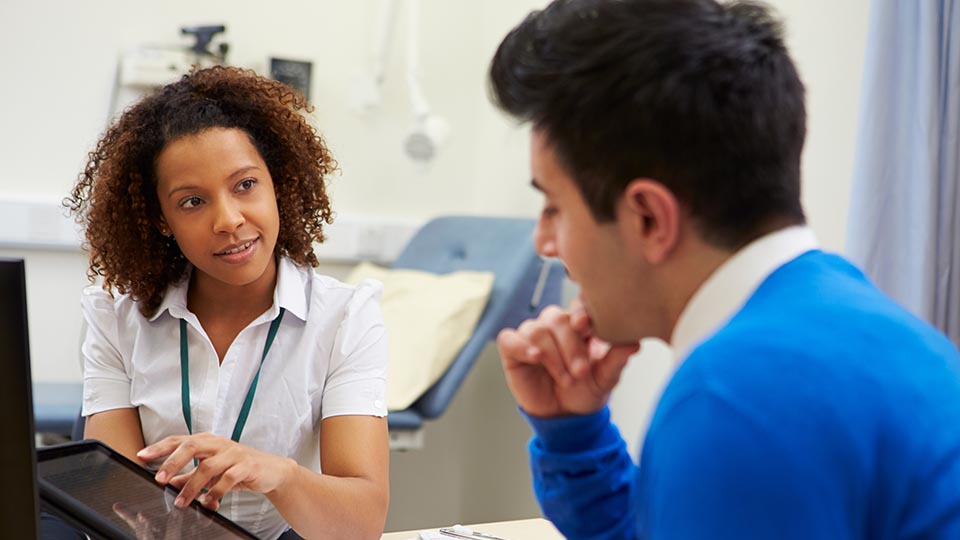Many adults in the UK are not physically active enough for optimal health.
It is recommended that adults complete 150 minutes of moderate to vigorous intensity physical activity each week, which may seem like a lot, but could feel more achievable if it was completed in several small bouts across the day. This is the premise behind SnacktivityTM, an initiative aiming to get people more active by promoting frequent, bitesize bouts of physical activity “snacks” throughout the day. Activity snacks can be aerobic or strength based.
These activity snacks should take two to five minutes and are designed to fit easily into daily life.
This could look like:
- Getting off the bus one stop earlier and walking the rest of the way
- Taking the stairs instead of the lift
- Doing arm raises while the kettle boils
- Having a quick dance break while cleaning the kitchen
What happened in the study?
SnacktivityTM was delivered using the NHS “Making Every Contact Count” approach. This is a public health initiative where routine healthcare appointments are used as an opportunity to discuss behaviour changes with patients to promote good health.
Healthcare professionals were asked to incorporate a brief five-minute intervention into their routine consultations where they promoted the Snacktivity™ approach as a way of increasing physical activity with their patients. A range of healthcare settings were involved, including podiatrists, hospital dentists, dietitians, physiotherapists, practice nurses, healthcare assistants and GPs.
The consultations were audio recorded, and health professionals were interviewed to explore their experiences of promoting SnacktivityTM to patients. Recordings showed that health professionals were proficient in discussing principles of SnacktivityTM and the important behavioural change techniques that underpin the approach
What did health professionals think?
The interviews revealed that healthcare professionals felt they understood SnacktivityTM and how it could prompt behaviour change in their patients.
One concern raised by healthcare professionals was the time required to discuss SnacktivityTM. As NHS appointments are time limited, discussing SnacktivityTM on top of the routine consultation could feel rushed at times.
The recorded interventions ranged from two to 28 minutes, with an average length of ten minutes, twice the length suggested. However, with practice this may be reduced.
Some healthcare professionals, such as dentists reported that SnacktivityTM did not feel relevant to their specialisms. Despite this, it was reported that patients appeared interested in SnacktivityTM when it was brought up in these settings.
How did patients react?
Patients mostly understood SnacktivityTM approach and were generally enthusiastic about the idea, however some patients reported difficulty using the supporting technology (a Fitbit device and supporting app called the SnackApp), making it harder for them to engage.
What next?
Hearing the experiences of healthcare professionals is useful for identifying strengths and limitations of the intervention and this information will help to improve the design of SnacktivityTM and how it can be better incorporated into consultations with patients.
This study provides evidence that healthcare professionals from a variety of specialisms could help to increase physical activity through SnacktivityTM in their patients.
NIHR Research Intern
